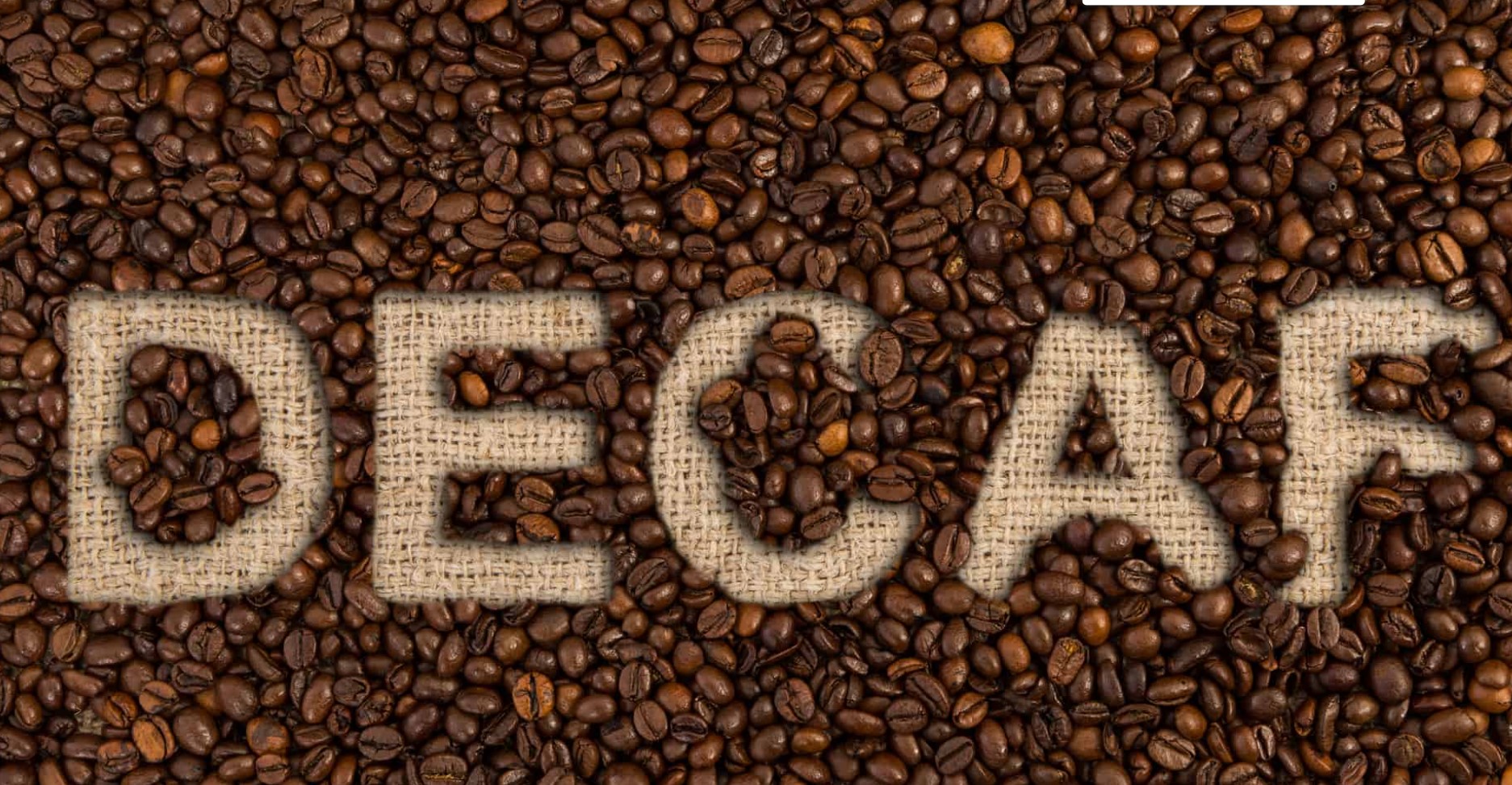Decaffeinated coffee has long been a favorite choice for those seeking the warm, inviting taste of coffee without the jolt of caffeine. As the popularity of decaf coffee grows, so does the curiosity surrounding its production and flavor. In this article, we embark on a journey to demystify the process of decaffeination and delve into the delightful flavor profile of decaffeinated coffee. Get ready to learn the intricacies of decaf coffee, separate fact from fiction, and savor the art of caffeine-free brewing.
The Science Behind Decaf Demystified
Decaffeinated coffee is a marvel of modern coffee production, and understanding the intricate science behind it is essential to fully appreciate its magic. Let’s delve into the step-by-step process that transforms regular coffee beans into the delightful decaffeinated brew we love.
- Harvesting the Perfect Beans It all begins with the careful selection of coffee beans. Arabica beans are often the preferred choice for decaffeination due to their nuanced flavor and lower caffeine content compared to Robusta beans.
- Soaking in Solvents One of the most widely used methods for decaffeination involves soaking the beans in chemical solvents like ethyl acetate or methylene chloride. These solvents bind with the caffeine molecules, leaving behind the flavorful compounds.
- The Swiss Water Process An alternative approach gaining popularity is the Swiss Water Process. In this method, the beans are soaked in hot water, which extracts the caffeine and flavor compounds. The caffeine-rich water is then passed through activated charcoal, which removes the caffeine while retaining the flavor compounds. The now-decaffeinated beans are reintroduced to the caffeine-free water to reabsorb their flavors.
- Removing the Caffeine The soaked beans are subjected to steam, which opens up their pores. The solvent or caffeine-free water is then introduced, pulling the caffeine out while leaving the essential flavor compounds behind. This process is repeated until the desired caffeine level is achieved.
- Drying and Roasting Once decaffeinated, the beans are carefully dried to restore their moisture content. They are then expertly roasted to bring out their unique flavor profile. The roasting process is crucial in developing the characteristic taste of decaffeinated coffee.
- Preserving the Flavor Modern decaffeination methods are designed to preserve the natural flavors of the coffee beans. This ensures that decaf coffee delivers a rich and satisfying taste experience.
- Testing and Quality Control Throughout the decaffeination process, the beans undergo rigorous testing to ensure that the caffeine levels are within the specified range and that the flavor profile is intact. Quality control measures play a vital role in producing consistent and delightful decaf coffee.
Understanding the intricacies of the decaffeination process allows us to appreciate the effort that goes into crafting a cup of decaf coffee that rivals its caffeinated counterpart. So, the next time you savor a decaffeinated brew, remember the science behind it and enjoy every flavorful sip.
Flavor Profile of Decaffeinated Coffee
Decaffeinated coffee offers a wide range of flavors that cater to the diverse taste preferences of coffee enthusiasts. Despite the absence of caffeine, decaf coffee boasts a delightful and complex taste profile. Let’s explore the different flavor notes commonly found in decaffeinated coffee:
| Flavor Notes | Description | Aromas and Tastes |
| Mild and Mellow | Decaf coffee is known for its smooth and mild taste. | Subtle sweetness |
| It allows the natural flavors of the coffee beans to shine. | Nutty undertones | |
| Nutty Undertones | Many decaf varieties offer pleasant nutty undertones. | Almonds, hazelnuts, or pecans |
| These notes add depth and complexity to the brew. | ||
| Fruity Aromas | Some decaffeinated coffees surprise with fruity aromas. | Berries, citrus, or tropical fruits |
| These delightful hints enhance the overall experience. | ||
| Chocolaty Delights | Decaf coffee can exhibit chocolaty flavors. | Hints of cocoa or dark chocolate |
| These rich and comforting notes add a touch of indulgence. | ||
| Balanced Acidity | Decaffeinated coffee maintains balanced acidity. | Brightness without bitterness |
| This characteristic contributes to a well-rounded taste. |
The flavor profile of decaffeinated coffee is a testament to the careful decaffeination process that preserves the bean’s natural compounds. From mild and mellow to nutty and fruity, each cup of decaf coffee offers a unique and enjoyable experience. Whether you prefer a subtly sweet brew or a hint of dark chocolate, decaf coffee has something to satisfy every palate. So, brew a cup of decaf and savor the diverse flavors it has to offer.
Demystifying Decaf Myths
As with any popular topic, decaffeinated coffee has its fair share of myths and misconceptions. Let’s separate fact from fiction:
Myth 1: Decaf Coffee is 100% Caffeine-Free
Contrary to the belief that decaf coffee has zero caffeine, it typically contains trace amounts of caffeine. The decaffeination process removes the majority of caffeine, but some remnants may remain.
Myth 2: Decaf Coffee Lacks Flavor
Decaf coffee is anything but bland. Modern decaffeination methods preserve the natural flavors of coffee beans, resulting in a delightful and robust taste profile.
Myth 3: Decaf Coffee is Only for the Evening
While decaf coffee is a popular choice for evening sipping, it is a versatile option suitable for any time of day. It allows coffee lovers to enjoy the taste without the stimulating effects of caffeine.
Myth 4: Decaf Coffee is Inferior
Decaf coffee undergoes a careful decaffeination process, ensuring it maintains its quality and taste. It is an excellent choice for those seeking a delicious cup of coffee without caffeine’s impact.
Myth 5: Decaf Coffee is Unhealthy
Decaf coffee provides many of the same health benefits as regular coffee, such as antioxidants and potential protective effects against certain diseases. It can be a part of a healthy lifestyle.
FAQs About Decaf Demystified:
- Is decaf coffee entirely caffeine-free? No, decaf coffee contains trace amounts of caffeine, but it is significantly lower than regular coffee.
- Does decaffeinated coffee taste different from regular coffee? Decaffeinated coffee can have a slightly milder taste, but modern decaffeination methods preserve most of the flavor.
- What is the Swiss Water Process for decaffeination? The Swiss Water Process uses water and activated charcoal to remove caffeine without the use of chemicals.
- Can I drink decaf coffee at any time of day? Yes, decaf coffee is a great option for any time of day, as it doesn’t have the stimulating effects of caffeine.
- Is decaf coffee a healthier choice? Decaf coffee offers many of the same health benefits as regular coffee, making it a suitable option for health-conscious individuals.
- Can decaf coffee be enjoyed by coffee enthusiasts? Absolutely! Decaf coffee offers a delightful flavor profile that coffee enthusiasts can appreciate.
In conclusion, decaffeinated coffee, or decaf, offers a unique and enjoyable coffee experience for those who seek the taste without the caffeine buzz. Understanding the decaffeination process and the diverse flavor profile of decaf coffee can help coffee enthusiasts appreciate its nuanced taste. Contrary to common myths, decaf coffee is far from bland and can be enjoyed at any time of day without compromising taste or health benefits. So, the next time you reach for a cup of decaf coffee, savor its rich flavors and let the caffeine-free magic unfold.


